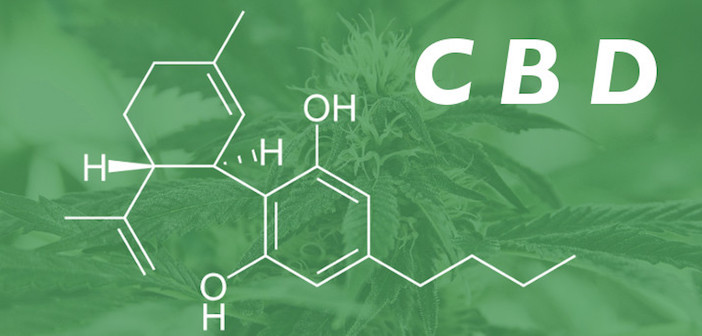Over the past five days, the World Health Organization’s (WHO) Expert Committee on Drug Dependence (ECDD) has been conducting its 39th meeting in Geneva, Switzerland.
The ECDD meeting, held from Nov. 6-10, offered an opportunity for committee members to deliberate about a number of different substances and whether these drugs deserved more or less scrutiny based on their potential for physical addiction and abuse. The WHO then makes recommendations based on the ECDD findings to countries around the world regarding which substances should be controlled or surveilled more closely than others.
Over the course of the 39th ECDD meeting, the committee reviewed critical new information and data concerning 16 different substances, including:
- Ocfentanil
- Furanyl fentanyl (Fu-F)
- Acryloylfentanyl (Acrylfentanyl)
- Carfentanil
- 4-fluoroisobutyrfentanyl (4-FIBF, pFIBF)
- Tetrahydrofuranylfentanyl (THF-F)
- 4-fluoroamphetamine (4-FA)
- AB-PINACA
- AB-CHMINACA
- 5F-PB-22
- UR-144
- 5F-ADB
- Etizolam
- Pregabalin
- Tramadol
- Cannabidiol (CBD)
The WHO prepares a pre-review report for each substance so the committee can fully prepare themselves.
The report on CBD states that the naturally occurring cannabinoid “exhibits no effects indicative of any abuse or dependence potential.” The WHO goes on to detail how CBD has already shown effectiveness in combating the symptoms of epilepsy in a number of clinical trials and preliminary evidence shows the cannabinoid may prove to be capable in the fight against numerous other diseases.
The ECDD had not previously reviewed the nonpsychoactive cannabinoid, but recommendations from the 38th meeting last year prompted a pre-review of CBD to be conducted and analyzed at this year’s committee.
One major concern the WHO has about CBD is the capability of end users to convert the nonpsychoactive cannabinoid to its psychoactive cousin, delta-9-THC. There are multiple theories regarding just how the CBD could possibly turn psychoactive, including dissolving the CBD in sulphuric acid and curing it until the chemical makeup changes to THC. This method simulates the reported natural process that CBD can undergo inside some users’ gut, converting to THC after sitting in stomach acid.
However, an examination of the research that claims CBD converts to THC in the stomach has been called “misleading” by Project CBD and points to the clear financial interests behind these published reports:
But the authors may have succeeded in advancing the agenda of Zynerba Pharmaceuticals, the company that funded their research. Zynerba disclosed in a press release (April 12, 2016) that it was developing a transdermal delivery system that “avoids the gastrointestinal tract and potential stomach acid degradation of CBD into THC (associated with psychoactive effects).” In other words, Zynerba has a financial interest in depicting oral CBD, which is well tolerated in clinical research, as potentially harmful.
While purporting to solve a problem that doesn’t actually exist may not amount to much scientifically, Zynerba isn’t the only company making erroneous claims about CBD converting to THC in the stomach. Ananda Scientific, a privately-held Delaware corporation, tried to one-up its competitors by asserting that its hemp-derived CBDformulation is “protected from being transformed, after it is ingested, into THC which is a risk factor in other existing [hemp CBD]products.”
Project CBD authors note that “Misinformation regarding the consequences of oral CBD administration could skew public policy and regulatory decisions at a time when cannabinoid therapies are gaining favor among health professionals and the general public.”
As part of the evaluation process for each substance, the ECDD will inspect two expert peer reviews of the respective substance as well as the results of a questionnaire sent to 57 member states of the WHO.
The culmination of data gathered in the survey and the collective opinion of the committee members will greatly influence the future scheduling of the substances in question.
credit:marijuana.com



